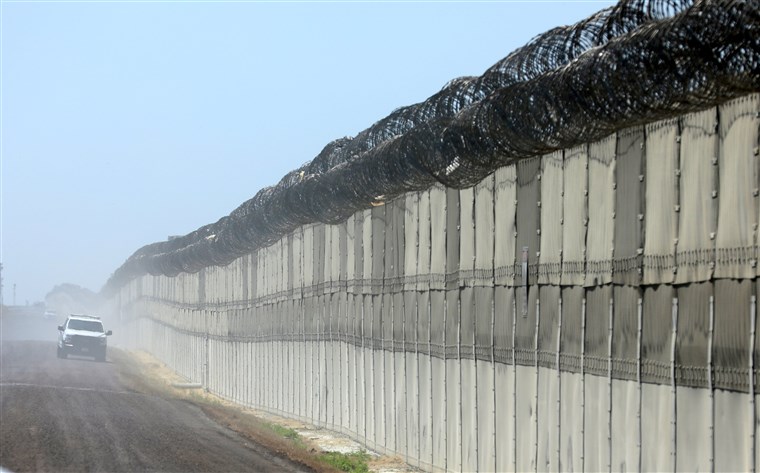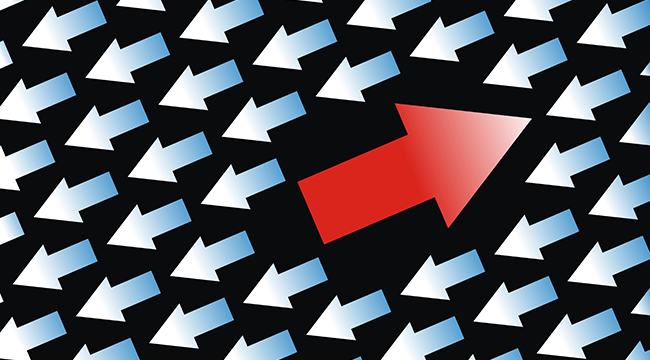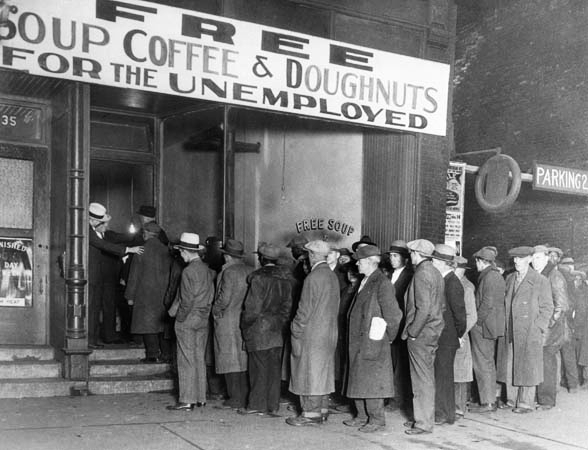How COVID19 exposed the weakness in our personal finance strategies
I recently responded to a posting that someone made who had an unexpected work related injury, found themselves without work and relying on workers compensation insurance payments to survive. I realized that this unexpected disruption to income is not dissimilar to those who have lost income or a job due to COVID19. I want to do a quick debrief with you in this article, and look for what we did right and what we could all do better in case of an adverse event.

The last thing in the world you need to hear as you are struggling with the five stages of grief that comes with a pandemic is to want to be “big picture” and “strategic”. But as I write this, it has been 7 months since the lockdowns began, and with government welfare money starting to either run out or reduce down, either you have recovered from this to the best we can, or you have learned to accept the bad hand we have all been dealt and are adjusting to this “new normal”.
Either way, time has a way to switch our thinking from panic to acceptance and that should mean there is a need right now for all of us to do a “debrief” on what just happened and how we all got through it. For those that didn’t get through it, or their direct families, I am truly sorry for your situation. I can’t change it, but I am empathetic and understanding of your grief.
The story prior to COVID19
If you remember back to 2019, we had a stock market at all time highs, unemployment was below 4%, companies were making great money, and interest rates were pretty low. But people could typically pay their bills, buy something nice once in a while, take their families on vacations, etc. Good times.
Sure, not everything was good for everyone though. The income distribution from wealthy to poor was at the highest level of extremes we had ever seen. Savings rates for families was at all time lows, and 78% of society was living paycheck to paycheck according to Forbes magazine statistics. People couldn’t afford to retire and although it might be affordable at the gas pump, the average rents in the USA were going steadily up and up. The cost of health insurance had risen 45% over the past 5 years and was continuing to be the greatest burden on many families. Employers were shouldering that burden for over 200 million working Americans so many never felt the cost of that. But the average employee health care plan for an employer cost them over $20K per year - that’s money the employee never saw in their pay check and consequently maybe if they did, they wouldn’t be in the 78% paycheck to paycheck category.
So really, there were systemic problems. We were not in a safe place at all. Although financial gurus would advocate creating an emergency savings plan to get you through 3 or 6 months of loss of income, who had the disposable cash to pay for that? The employers would be putting money away for us in our 401K plans and we would hope that keeping a job and the 401K would be enough to get us to age 65 and then we could retire.
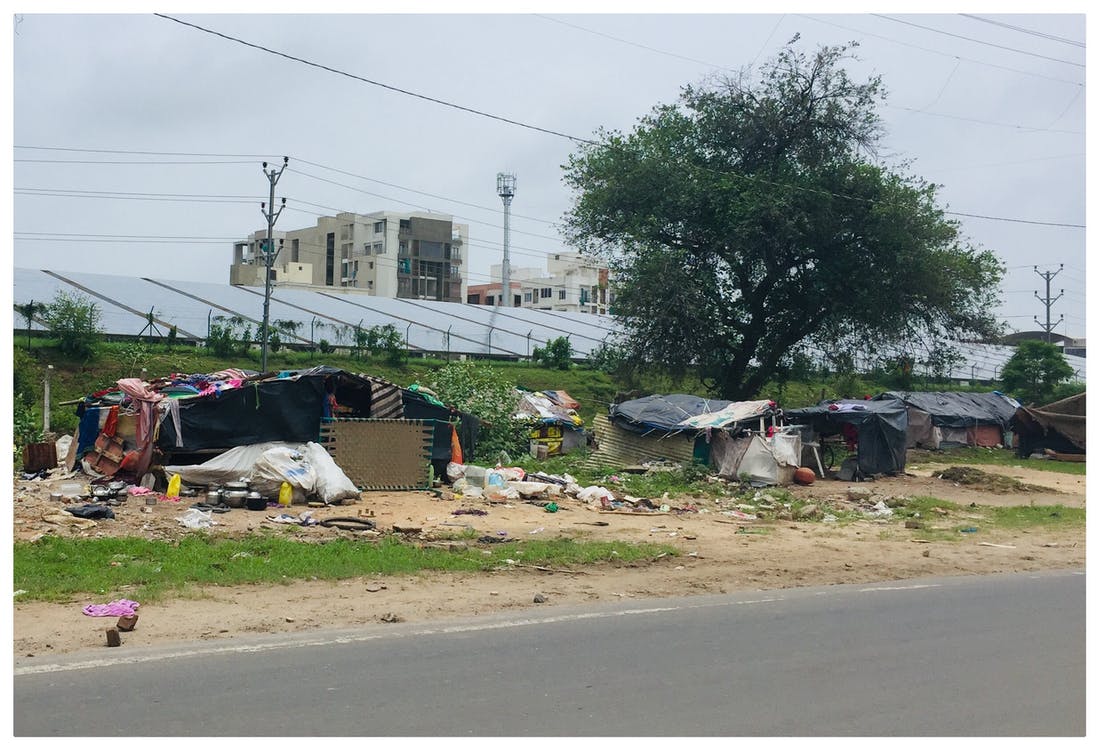
It was in those heady times that I created beunconstrained.com and started the Unconstrained Podcast. I knew that things were not right. I knew that things were not sustainable, and since my own story was so atypical to 99% of Americans, I wasn’t feeling their stress and grief personally. But that wasn’t important - what was important is that I could help people.
I began to explain that shifting away from a job as the central form of income and moving to living off the dividends and rents of your smart income assets was the key to financial sustainability. But that this first required that the person wanting to make that shift has to pay off their debts. This is no different to other mainstream financial advisors, the most noteworthy being Dave Ramsey. He helps people in trouble by doing a remote “intervention” with their finances. His Baby Step plan works, and the result *should be* the expulsion of debt and the building up of an emergency savings plan. Those that have done this know how good it feels to be free of the debt obligation to third parties and it opens them up for an easier path forward. Unfortunately once that has occurred, then the teaching stops. Now you are on your own - don’t repeat the behavior that got you into that mess to begin with.
The expulsion of debt felt like I was 18 years old again and I had my life ahead of me. The fresh start works and then we can start the journey towards financial sustainability.
Many had already seen the light here - not so much in regards to my teachings, but more to do with a popular concept of “FI” (or Financial Independence). It was as if the millennial generation was rebranding what we used to call financial responsibility and self-reliance. But that needed to happen - the generations before them had demonstrated by their actions the willingness to take on debt as their own country promoted it. The kids were being saddled with the poor decision making of their parents and they didn’t want that.
The thing is that this process of debt encouragement in the USA had a long history, dating back to well before the formation of the Federal Reserve. Banks that took in the savings of their customers (deposits) could lend them out, and that’s how they made money. Without loans, those banks had no income. They would pay a percentage interest rate to the people who loaned them money (depositors) and they would then take that money and loan it out to others (lenders). Simple business model, but it came with one flaw.
What if the depositors wanted their money back? The banks didn’t have it - they had lent it all out. And prior to 1913, they went bankrupt at record levels. The depositors were left without their money and it wasn’t until the formation of the Federal Reserve was created as a cartel of bankers & government representatives, that some way to ensure that banks had access to reserves to pay depositors when needed created the way forward to increase lending. Loans flowed as banks had less and less requirements to keep reserves and that made enormous wealth for the mega rich, monocle wearing bankers.
Fast forward 100 years, and you have the social problems of debt in the USA and western world that we have today. And that was how the world looked just prior to 2020, before the pandemic happened.
And then there was sickness
Although we were already financially sick, the physical sickness began. Maybe it was partially due to our tethered relationship with China that not only did their cheap electronic goods flow into the USA, but also did any virus that came from their shores. And with that, the weakness of our social backbone was exposed.

A country that was not prepared for financial collapse was certainly not prepared for an epidemic. People freaked out, businesses that were already overburdened with debt collapsed instantly. The statistic that 78% of Americans were living paycheck to paycheck saw 40+ million of them running to the government for welfare checks as those paychecks disappeared. The government was also barely scraping by financially, having run up $23T in short term liability debt and over $100T in longer term obligations. But the only answer was to run this up to $26.5T immediately to provide money to people to get them out of being homeless.
The stock market crashed from the highs of the DJIA at 29,000 to 18,000 within a week or so. Daily drops of nearly 3,000 points were commonplace. More and more Americans had to tap into their retirement savings - the savings that their employers had deposited for them as they didn’t trust themselves to do it, to pay the rent or the mortgage. Banks would allow them to defer some payments to the end of their mortgage period which just helped the banks out long term and the customers out short term. Landlords were forced into their own financial collapse as renters were able to leverage government support and stop evictions. But they still owed the money on the rent.
More money went to big corporations such as airlines and cruise ship operators as their entire business was shut down. In order to avoid mass layoffs in an election year, the government issued loans that could be forgiven if the borrower didn’t lay off workers. Eventually even with that burden, the ongoing costs of keeping a business alive wasn’t able to be successful for many, particularly small businesses, and they were forced into bankruptcy and laid off their workers anyway.
For many that could work remotely, they managed to keep their jobs to some degree. But the future of the company and their roles was still undetermined. Without a vaccine, there is little predictable future, and this leaves a huge percentage of the population in some holding pattern without any way to determine how their own future will look.
So what did we learn here?
Now that the immediate panic is behind us, and we are dealing with the reality of the situation and the future, the greatest thing we can do to re-emerge stronger is to learn what worked and what didn’t. I do know that those who were in lockdown and had a decent residence, probably got through this easier. Those living in a studio apartment might have had their own psychological challenges being stuck in such small surroundings for an extended period of time.
Many of the cities that are full of those dwellings (ie. New York, San Francisco, etc.) saw mass exodus. Apartments remain empty and rents have dropped to encourage anyone to come in and reside there. But still, with no specific end in sight as I write this, they are likely to remain empty for the foreseeable future. One would expect that investors who owned those properties would default and foreclosures would go through the roof. But in fact that hasn’t happened - actually the contrary. Property values continue to remain at or above their 2019 levels, signaling that bank financing had found ways to work with their customers to stop properties going into massive evictions. They had learned from the 2008 crisis that mass foreclosures are not in their interest.
Anyone who encountered some disruption to income will value savings more. If you had savings that could get you through this, you did ok. If not, you probably leaned on your credit cards. Banks did reduce credit card limits during this time seeing that this was inevitable for many, and continued to pick the winners & losers. The losers were able to get welfare from governments, but after the first round of this, subsequent rounds are less likely to be as easy to get. After all, a country with $26.5T in short term debt can’t be expected to pass that down to the next generation.
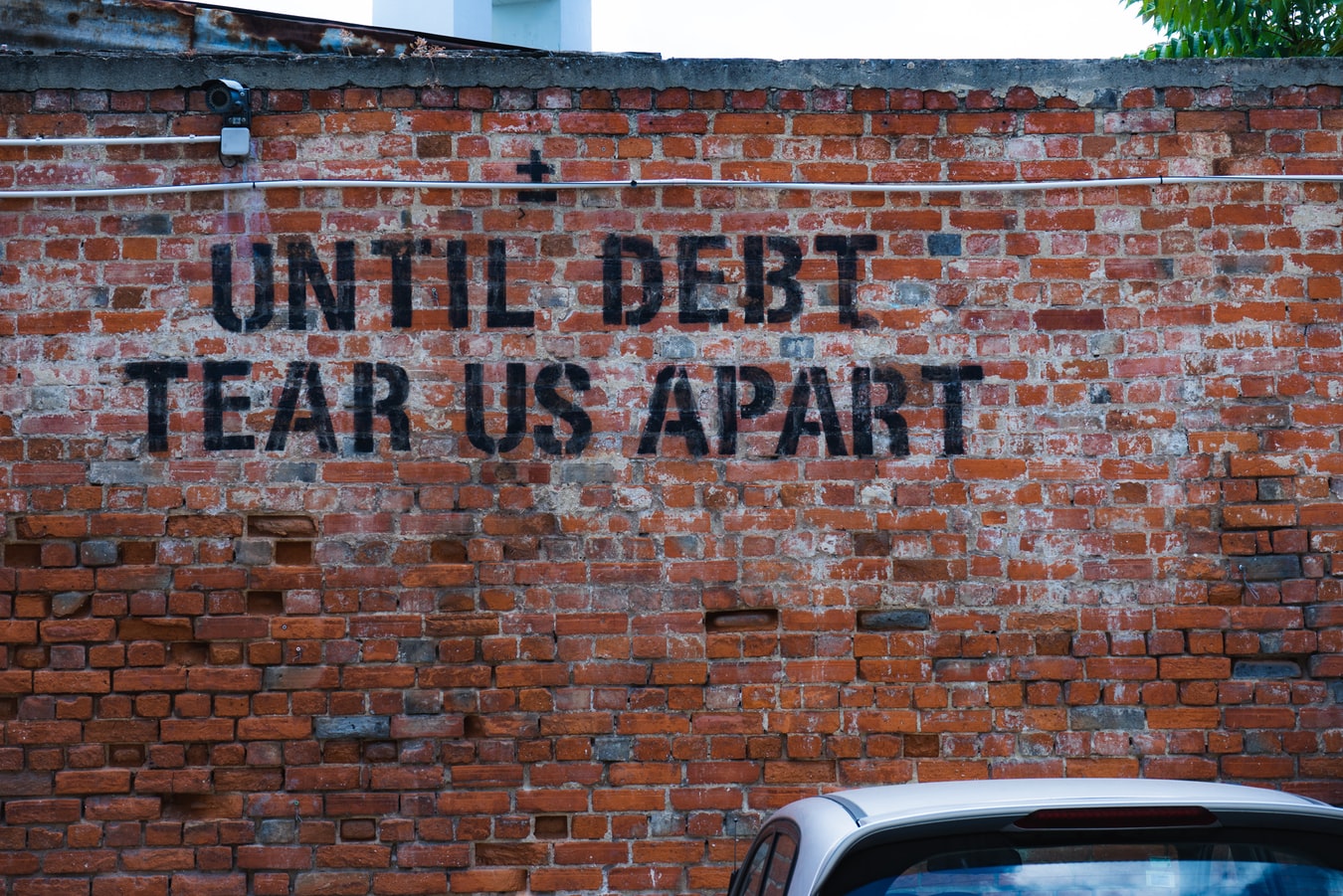
One thing that comes out of this is the “Who’s to blame?” question and that is being directed at China. Consequently the relationship of the USA with China is at low levels not seen since the 1970s, yet with all the rhetoric and bluster that is being thrown around politically, US imports of Chinese products are at 2019 levels. It seems that we speak out of one side of our mouths to criticize and slander, and issue purchase orders with the other side for products. Whereas I expected to see an immediate supply chain migration to countries like India and Mexico, this seems pretty slow. Maybe that is because you can’t enact such large scale changes while all your workers are remotely working on Zoom and you can’t travel to alternative regions by air anyway. I suspect that 2021 will have a massive number of corporate projects to move supply chains.
But for the individual, the inability to react quickly and succinctly is often limited by debt. If they drank the Kool-Aid and followed in the footsteps of their own government and are carrying more debt than they have assets, then they can’t do anything. Until they own that problem and find ways to generate income and pay down the debt, little can be done to help them. Bankruptcy may be a reasonable option, but many prefer to avoid it when so much of their debt is student loans - loans they took on to get the “permission slip” of a bachelors degree that they thought would be the entry ticket to the middle class.
The FI community clearly are on the right path here. Those that have taken the bullish gains of the past 10 years or so and used it to save like squirrels for the winter, pay off their debts and be free, can in fact have a future. However in a country that doesn’t embrace those very principles (it may say that it does, but it clearly doesn’t) they often feel like outcasts in a horror movie. And for that reason, many have considered leaving the USA and living in cheaper places. Places that may have a more pragmatic and realistic view on personal responsibility and debt.
There are many that got through this as self-proclaimed “preppers”. The popularity of YouTube channels like “Prepper Princess” for example, demonstrate that many had felt this was going to happen in some way. Yes, we’ve called them crazy, nutjobs and conspiracy theorists for years, but maybe it is time to stop that and listen to all points of view.
Those of us that worked in technology fields probably did pretty well out of the pandemic as more of society relied on an Internet connection than a decent car to get them to work. As a result, we spent more of our time on Facebook, Twitter and other mind bending social platforms and consequently our productivity is probably really bad. You couldn’t do that sitting in a cubicle at work, and even though the mind-numbing repetition of a cubicle workday would cause most of us to run out the door at 5PM, we have to realize that doing our work from home for those that have little self-discipline, doesn’t end up producing a great deal of productive output. And that lack of self-discipline probably resulted in high credit card balances, debt levels and selling our future out for some benefit today.
The good that comes from this is that it forced us to spend more time with our families. Those in relationships that were barely getting by either had a new found hope for their future, or they will just terminate under the stress. Hopefully you are not in that latter category. I know that a solid family that can work as a team really have the best hope here in these situations. The more I see families that are fractured where one spouse isn’t participating as a team player, the more I see a lack of hope for the future.
The one thing that is noteworthy is that panic doesn’t help in a pandemic. This one pandemic showed that many in society have little coping skills with this. They have spent too much time being spectators in life and less time as participants and don’t handle responsibility well. It is easier to bury one’s head into their phone than it is to confront difficult decisions. I hope that you are not in the former category here, because if you are - no matter what I can advise - you are not ready to act yet. Action takes courage and courage only comes from an incremental set of experiences that places more and more faith in yourself rather than some unknown person on Twitter or YouTube.
But for those that stood up, took care of their situation, and in particular those that were prepared ahead of time, I salute you. You are the America that I came to in 1989 and that I joined as a citizen in 2003. You are the motivation for all of us that we can get through anything if we put our minds to it. You are the “greatest generation” that the history books refer to. And you should be commended.




